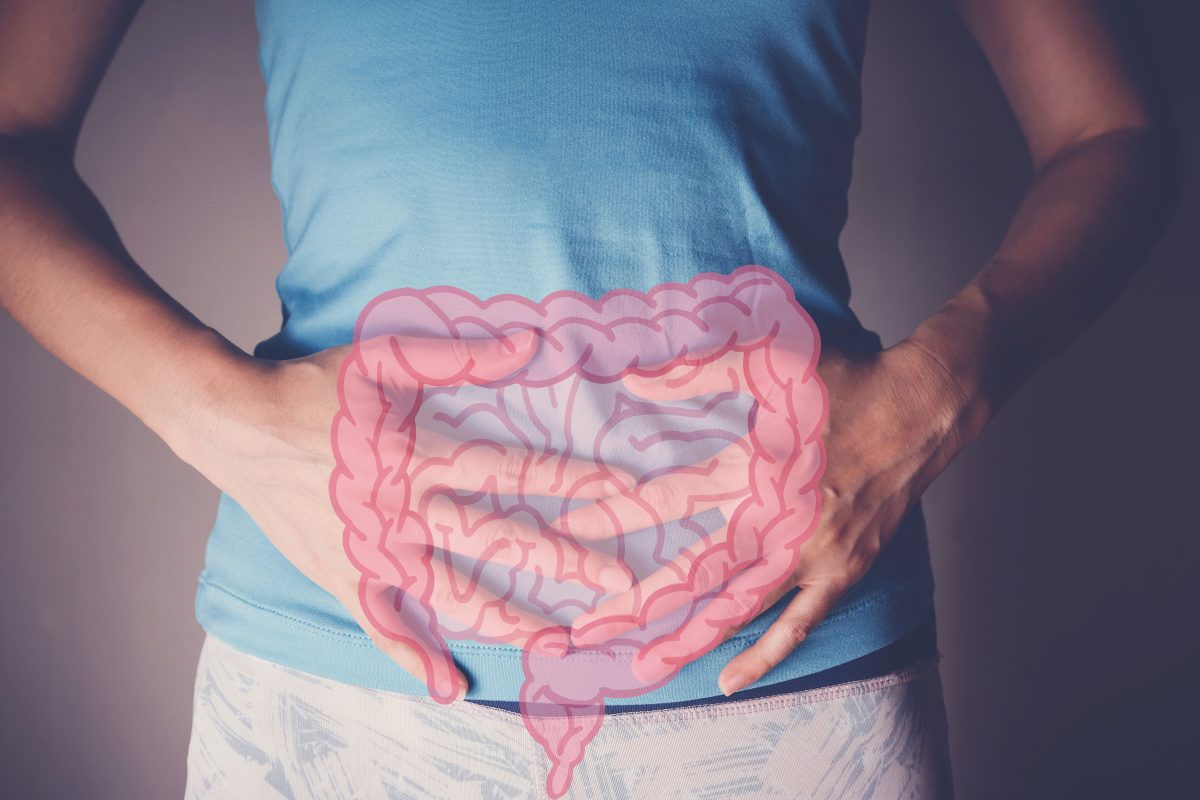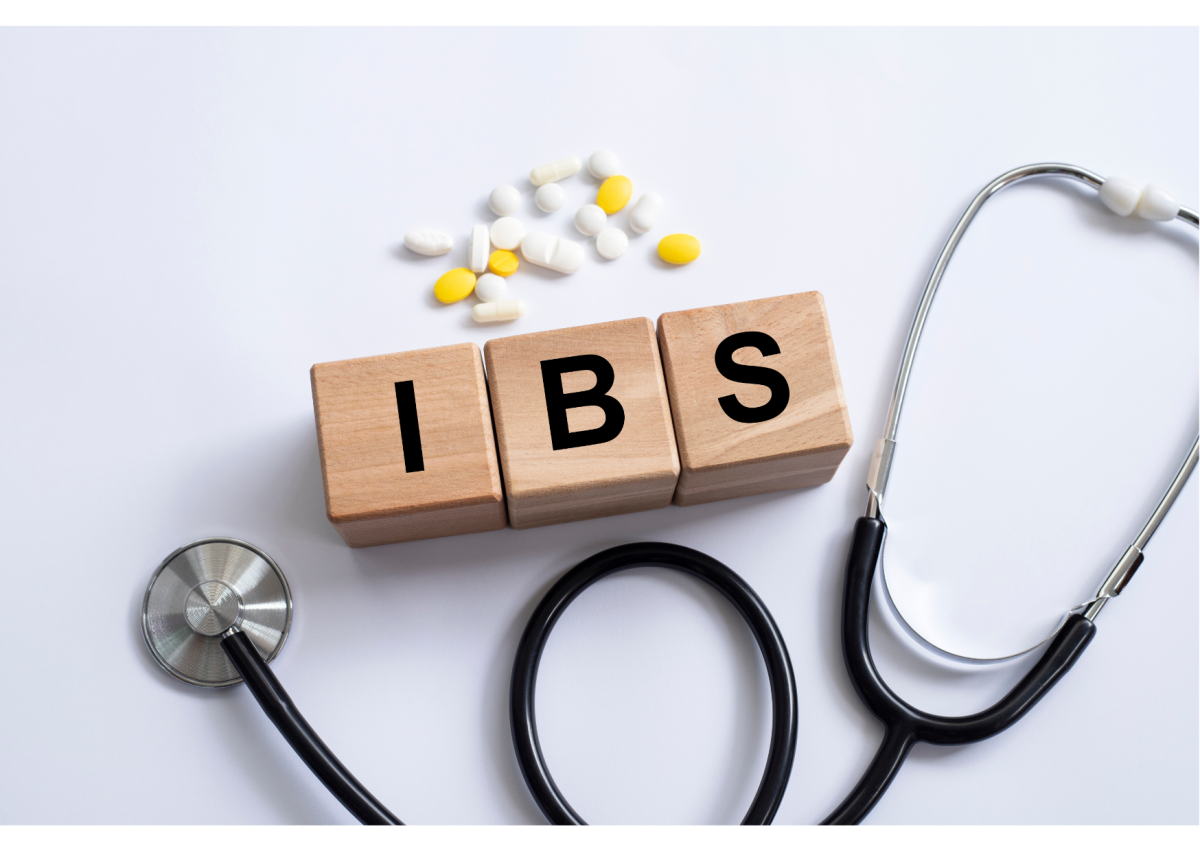The 11 best foods to eat for irritable bowel syndrome
- Dietary Advice (non Low FODMAP)
This article will answer your question, ‘What is the best thing to eat with irritable bowel syndrome?’
This article will discuss the best and the worst foods for IBS and what foods help settle IBS.
Moreover, we will provide you with ideas for IBS-friendly breakfasts and dinners and hundreds of low-FODMAP recipes you can prepare at home.

What is the best thing to eat with irritable bowel syndrome?
The best thing to eat with IBS is something that will not trigger your symptoms—and even better, something which will actually improve your gut function.
1. Potatoes
Potatoes are versatile and also easy on your gut. You can prepare them in various ways—boiled, baked, mashed, stuffed…, or leave the skin on for extra fiber.
You can read more about potatoes here: Are potatoes low FODMAP?
2. Oily fish
Oily fish like sardines and salmon are rich sources of protein and healthy fats called omega-3, which have anti-inflammatory properties.
Omega-3 fatty acids are crucial for normal function of the brain, vision, and heart (1).
Get some inspiration on how to prepare salmon here: 33 low FODMAP salmon recipes.
3. Oats
Suggesting oats as the best food to eat with IBS might surprise you if you had negative experiences before.
However, oats are low FODMAP and rich in fiber, which can improve your gut function and stool consistency.
Start with a smaller portion (30g) and gradually increase the quantity.
Get more information about oats and IBS here: Do oats cause IBS symptoms?
4. Carrots
Carrots are another versatile FODMAP-free veggie. You can use them in a wide variety of savory and sweet dishes.
Leave the skin on for extra fiber, grate and add to salads, or mix them in the muffin batter, porridge, stews, and soups.
100g of carrots also provides more than 100% of the daily need for vitamin A, which is needed for normal immune function (2).
5. Green leafy vegetables
Green leafy vegetables, such as kale, spinach, and collard greens, are also IBS-friendly foods.
They provide fiber and various vitamins and minerals (such as vitamins A, C, calcium, and potassium).
Research also suggests that eating one serving of green leafy vegetables daily can slow the cognitive decline associated with aging (3).
6. Firm tofu
Firm tofu is one of the best low FODMAP plant-based sources of protein, and it also contains calcium, iron, and fiber.
You can incorporate it into various IBS-friendly recipes, such as stir-fries, salads, soups, and even smoothies.
Read more about tofu in this post: Is tofu low FODMAP?
7. Kiwi fruit
Kiwi is a low FODMAP fruit that can help with constipation. A study showed that eating two kiwis daily can improve GI discomfort by promoting regular bowel movements (4).
8. Blueberries
A 2023 study showed that consuming freeze-dried blueberries (equivalent to 180g of fresh blueberries per day) improved abdominal symptoms in people with functional GI disorders (5).
A portion of blueberries also improved the quality of life of people who participated in the study (people with IBS were included as well) (5).
9. Canned legumes
Legumes are rich in fiber and plant-based protein sources, but they can induce abdominal symptoms such as pain and excess gas.
Luckily, if we use canned legumes, strain them, and rinse them, many FODMAPs are leached out, and legumes become IBS-friendly foods.
10. Nuts
Nuts provide a lot of fiber, healthy fats, and polyphenols (antioxidant and anti-inflammatory substances) (6).
You can toss nuts over porridge or salad, use them while baking, or snack on them between meals.
11. Quinoa
If we have to name a highly nutritious grain-like seed that is also low FODMAP and rich in protein, it would be quinoa.
Quinoa is a versatile ingredient that works well in salads, soups, and stews, as a side dish, or as a base for grain bowls.
Read more about quinoa here: Is quinoa low FODMAP?
Note: Some of the best foods for IBS are also low FODMAP, but not everyone needs to avoid FODMAPs.
You can use the low-FODMAP diet approach to work out your specific triggers.
It is a three-step approach consisting of the following:
- Elimination phase
- Reintroduction phase
- Modified FODMAP diet (personalized diet)
Working with a dietitian can provide support and guidance, ensuring you get the nutrients you need while managing your symptoms effectively.
If you want specific information about how different diets impact IBS, such as keto, gluten-free, dairy-free, and vegan diets, read the article here: The IBS diet ultimate guide.
What foods help IBS flare ups?
As skipping meals can worsen IBS symptoms, let’s discuss what to eat when you do experience symptoms to help settle the IBS.
When having an IBS flare-up, have a balanced, low FODMAPS meal. Avoiding FODMAPs means avoiding foods that add more gas and fluid to your bowel.
A meal is balanced when it contains sources of:
- Carbohydrates (such as oats and rice)
- Proteins (such as lactose-free Greek yogurt)
- A small amount of fats (such as peanut butter)
- Fiber (vegetables, fruits and wholegrains)
If the meal is not balanced (for example, it contains a lot of fats or is low in fiber), it can trigger more symptoms.
Here, you can get a low FODMAP grocery list + meal plan.

What is the best thing to drink with irritable bowel syndrome?
When having IBS attacks, make sure you stay well hydrated. Besides water, you can also have:
- Water infused with low-FODMAP fruits and herbs (such as lemon slices and peppermint)
- Low-FODMAP fruit juices
- Tea (What is the best tea for IBS)
- Soups (get ideas here: 25 low FODMAP soup recipes)
- Low-FODMAP milk
To help your IBS, reduce the intake of caffeine, alcohol, and fizzy drinks, as they can negatively impact the symptoms.
To learn more about nutrition during IBS attacks, read our article: What to eat with IBS attacks – all types of IBS covered.
What is the best breakfast for IBS sufferers?
The best breakfast for IBS is a balanced meal, which we have already explained, and includes foods you love.
In one of our previous articles, you can find ideas for 35 low-FODMAP breakfast recipes, including pancakes, omeletts, smoothies, and more.
What is the best dinner for IBS sufferers?
As this is again highly individual due to your taste preferences, we suggest you check our collection of low-FODMAP recipes.
There, you can choose between:
- Low-FODMAP salmon recipes
- Low-FODMAP meatballs recipes
- Low-FODMAP salad recipes
- Easy low-FODMAP recipes
- Vegetarian low-FODMAP recipes
- Low-FODMAP crockpot recipes
- Low-FODMAP curry recipes
We believe there is something for each taste preference. Try these recipes and enjoy them without the symptoms afterward.
What is the worst thing to eat with irritable bowel syndrome?
We have already mentioned that IBS triggers differ from person to person, and the low-FODMAP diet can help you identify them.
Fatty foods can be problematic in addition to your FODMAP triggers. Fat can overly activate the gastro-colic reflex, resulting in diarrhea (7).
Moreover, fat can slow gas passage through the intestines and cause bloating, abdominal pain, and other discomforts (8).
Other foods that might worsen IBS are spicy foods. The compound capsaicin from spicy foods can irritate the lining of the digestive tract (9).
Summary
The best and the worst thing to eat with IBS is highly individual.
However, some foods can improve your wellbeing and gut function. Some are oats, fatty fish, nuts, kiwi fruit, blueberries, carrots, firm tofu, and green leafy vegetables.
Working with a registered dietitian can help you discover your personal IBS triggers so you do not exclude foods and food groups unnecessarily.
Common food-related IBS triggers are high FODMAP, fatty, and spicy foods.
Choosing the recipes we collected for you will help you prepare nutritious and balanced meals you can enjoy without the uncomfortable symptoms afterward.
Written by Barbara Lešnik, Student Dietitian, reviewed by Kirsten Jackson, Consultant Dietitian BSc Hons, RD, PG Cert